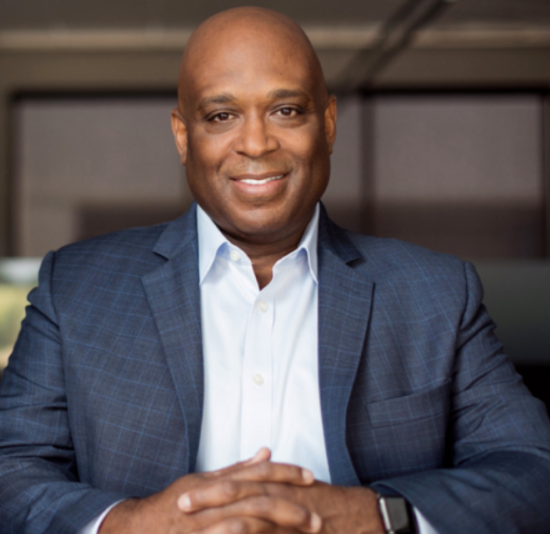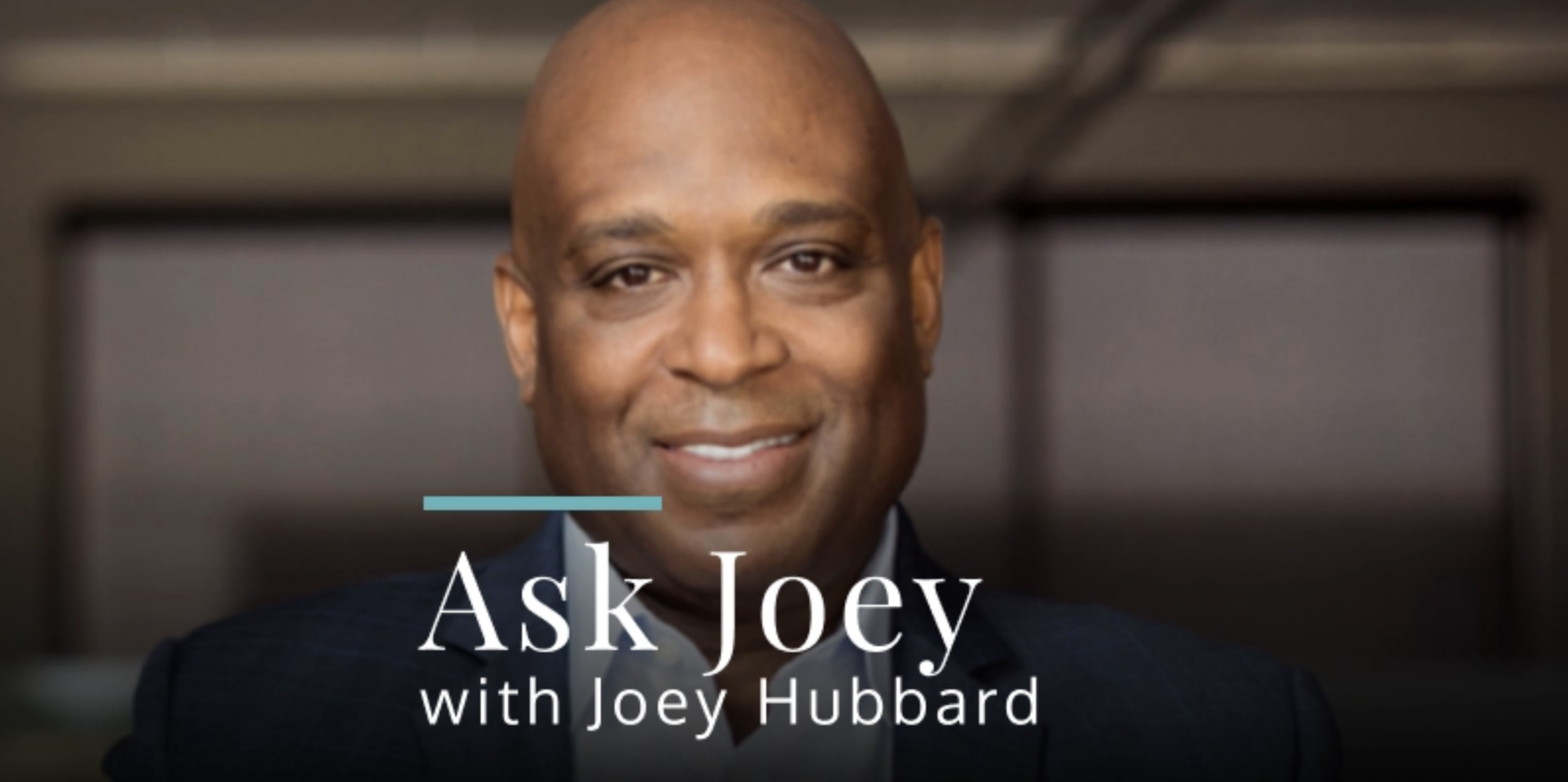Q: Many of us struggle to feel OK about our incompletions. There’s so much to do and not always enough time. Why is it important that we accept our incompletions when the end of the day rolls around, and how can we begin to do so?
A: Becoming comfortable with incompletions is a mindset shift, and a big one at that. Let me tell you — and you’ll have to breathe through me saying this: You will never get everything done. Say it to yourself now: I will never get everything done. Because even when you get to the end of your to-do list, you’ll find new things come up and there’s more to add to the list. So instead of focusing on doing everything, you want to focus on completing your highest priority items.
I suggest starting your day by identifying the two or three most important things you need to do. Do it in the morning when your brain is at its best. When you knock those things out, even if you don’t get anything else done throughout the day, you’ll feel accomplished. If you don’t take that time to slow down and think about the most crucial things you need to accomplish, you might inadvertently tackle less important tasks, causing you to look back and feel stressed and unproductive at the end of the day.
You also need to know when to cut yourself off. Some of us will try to work late into the night, pushing ourselves to complete everything. You can’t let that happen because you will burn out — especially during this time. So, get done what you need to get done and declare an end to your day. Give yourself downtime. Maybe it’s relaxing, hanging out with the family, watching a movie, or eating dinner with your partner. Whatever downtime looks like for you, make sure you’re getting that every day.


